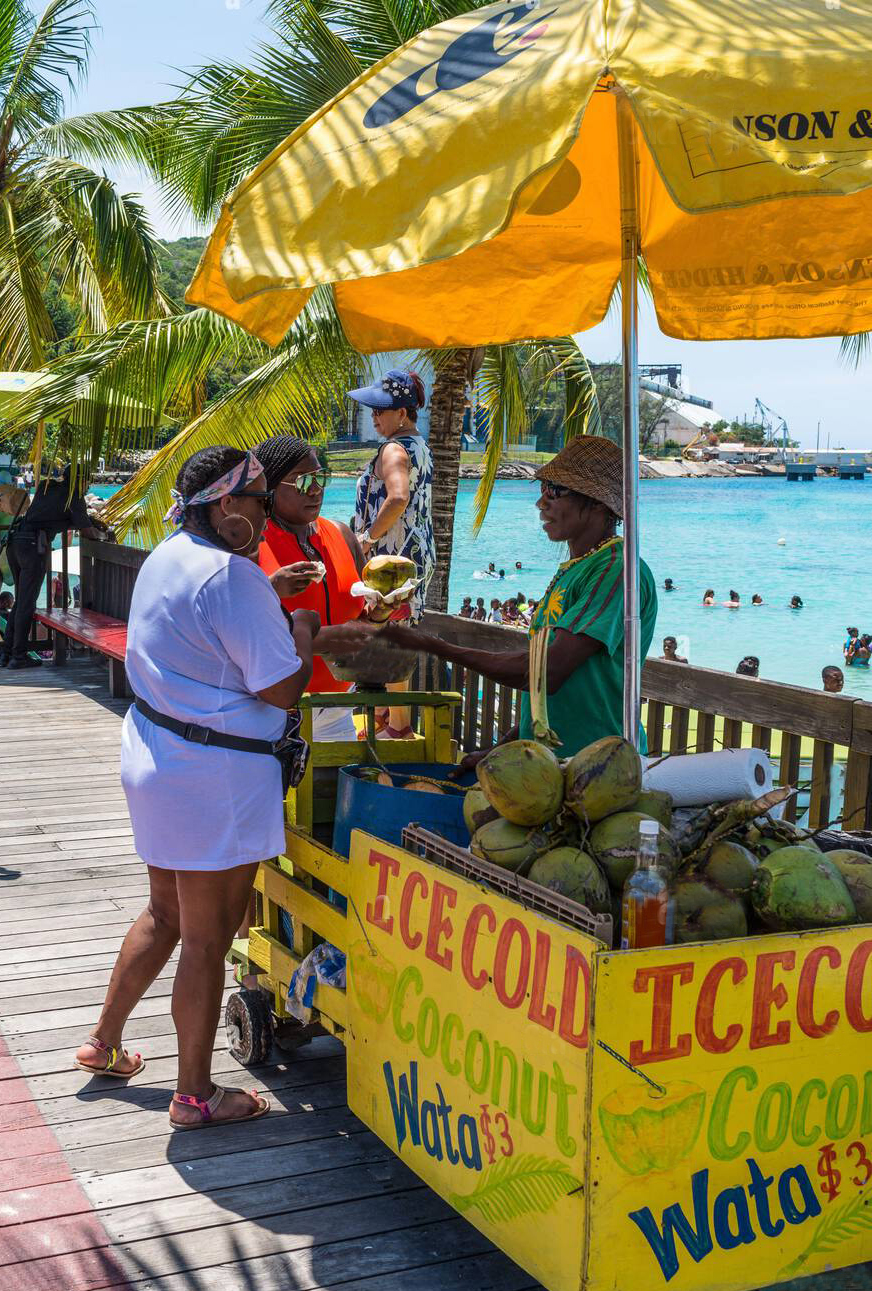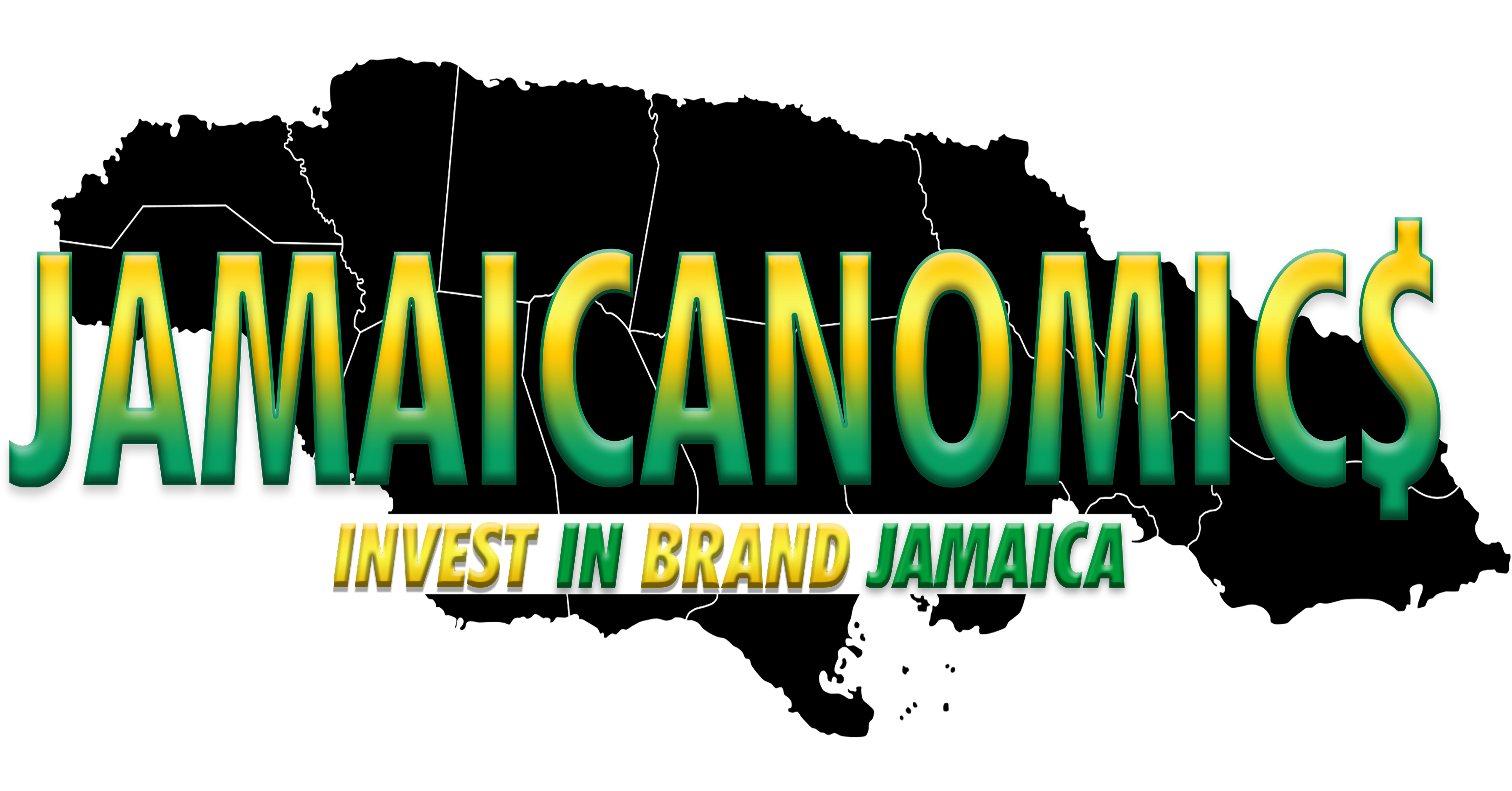We stand out! Sometimes like a sore thumb, but usually for an exceptionally good reason. I openly admit that members of my family and I have a fascination with observing people, usually at a distance; how people walk and talk, their sense of style, their behavior, and as we say in the vernacular – How they Flex! Very often those factors are a dead giveaway as to where those people are from and offers some clues about their values. Yes, I freely admit that its profiling, but without personal intrusion or overt attention; if you care to admit, I believe those of us who are curious, or inquisitive are often guilty of this. The point of my story is that some people or ethnic groups seem to stand out more than others, either through cultural dress, habits, or behavior; and Jamaicans stand out in such a conspicuous way, others can see you coming. Jamaicans are so culturally tantalizing, that constant exposure to them has created a cult of Jafakans (people who claim Jamaican heritage in order to be considered cool), this cultural appropriation is common in England, North America, West-Africa, Europe, Japan, Haiti, and many other countries exposed to Jamaican culture. Impersonating Jamaican speech, culture/music, food, and athleticism has become a world-wide pastime and a passport for acceptance in almost any social setting; to be Jamaican anywhere in the world is now a “thing.” Evoke the name Bob Marley, followed by Usain Bolt, and now Shelly Ann Fraser-Pryce, and the world becomes your oyster. Ever since Marcus Garvey impacted the world with his message of Black Consciousness and Black Awareness, the culture of Jamaicanomics migrated alongside his message to England, Canada, the United States of America and then globally.
Jamaicans have left their mark on every country in the Commonwealth, particularly in England where Jamaican assertiveness and chutzpah opened up opportunities for housing, education, and jobs for other Caribbean immigrants from Barbados, Trinidad & Tobago, Guyana, Grenada and more. The Jamaican penchant for hustle has long become legendary – comedians, journalists, writers, all celebrate Jamaicans in the diaspora for having not just a job, but for having several jobs; I describe this phenomenon as Jamaicanomics, the enterprising attitude that say’s “I can build something out of little or nothing.” Described by their detractors as sometimes overtly aggressive, patriarchal, and homophobic, the Jamaican brand continues to leave its mark on the world for better! This is a story, because it symbolizes the David and Goliath mythology which in Jamaican Patois translates to “Wi Likkle but Wi Tallawah.” I can only theorize the Jamaican tenacity and fierceness derives from the unique amalgam of African warriors that were enslaved on the island, who demonstrated a ‘proven ability’ to resist their colonial oppressors to the death; Queen Nanny of the Maroons, a Jamaican National Hero is one such example.
The adage that ‘hindsight is 20/20’ has real meaning for Jamaicans like me who have spent half a lifetime in both Jamaica and in the United States. That retrospective overview evokes profound insight for anyone who has embraced and experienced both countries as home. The Jamaican perspective shocks your three-dimensional view of the island you once called home, everything seems so much smaller, (except some of the homes) distances seem so much shorter, streets are narrower and human activity seems so much slower. Although you might have experienced economic hardship growing up, that hardship now seems doubly oppressive and growing worse; much like the United States the wealth gap grows wider by the day, but the ingenuity and resourcefulness of the average Jamaican is at an all-time high. Commercial activity is seen on every corner, these street entrepreneurs have no lines of credit, bank loans or funding streams – they are practitioners of Jamaicanomics the grassroots entrepreneurship that should be encouraged, nurtured, and nourished by public/private initiatives in the financial sector. The power and value of that underground economy is a deterrent to unemployment and crime – that’s Jamaicanomics! The American perspective is entirely opposite; when I am in America the big pond offers more opportunity, less judgement and many more choices. This larger canvas, and its competitive environment is the right prescription for the Jamaican psyche, where their record of achievement is second to none. Jamaicans with more opportunities in the diaspora represent the alter egos of fellow Jamaicans at home.
The vital energy of the Jamaican people at home, along with their inherent hospitality and love for life is being undermined by what I identify as a cynical trifecta of political malpractice: (1) Promises not kept. (2) Expectations not met, and (3) Existential neglect.

I am sure you thought I was going to go with the standard rhetoric such as – divisive politics, reforming education, reducing crime, and maximizing our economic performance. While all of that is essential to our emergence as a developing nation, in my view, the problems in Jamaica are more psycho/social than political and fiscal mismanagement; the problem clearly seems to be (in the eyes of the average person) – the successive government abdication of the Social Contract with the people of Jamaica
Governments promise to provide leadership, public services, national security, economic security, maintain order and provide economic assistance, but when that contract is broken or abandoned, the constraint on human tolerance devolves. Jamaicans are a proud, patriotic people who will flex with the circumstances they face.
If Promises are kept, People’s expectations are met, Existential neglect is addressed, we can coalesce through the power of Jamaicanomics, and begin the long journey back to sanity and self-respect at home and abroad!

